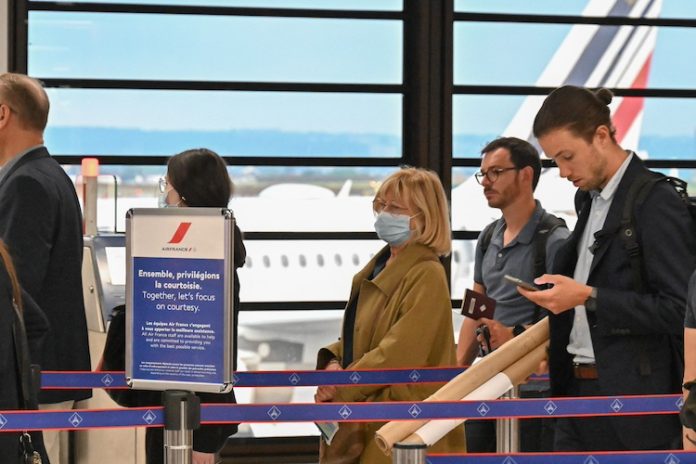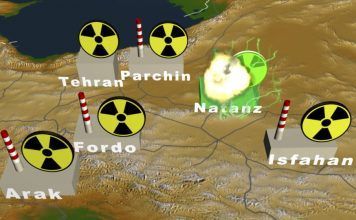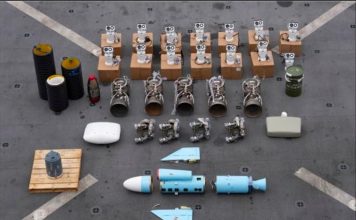PARIS, April 15 (Reuters) – Europe’s aviation regulator reaffirmed advice to airlines to use caution in Israeli and Iranian airspace though it said no civil overflights had been placed at risk during weekend tensions surrounding Iranian drone and missile strikes on Israel.
The European Union Aviation Safety Agency (EASA) said it and the European Commission would “continue to closely monitor the situation to assess any potential safety risks for EU aircraft operators and be ready to act as appropriate”.
EASA guidance that is already in place for airlines on Israel and Iran continues to apply, it said in an emailed note.
That included exercising caution and following all available aeronautical publications for Israel and neighbouring airspace up to 100 nautical miles surrounding the country.
For Iran, it recommended caution and said “there continues to be an increased potential for miscalculation and/or misidentification” in airspace over the Iranian capital Tehran.
Global airlines face some disruption after Iran’s attack on Israel with more than 300 missiles and drones, which were mostly shot down by Israel’s U.S.-backed missile defence system or its allies before they reached Israeli airspace.
The attack was in response to a suspected Israeli airstrike on Iran’s Syria consulate on April 1 in which seven Iranian Revolutionary Guards commanders and officers were killed.
EASA said all affected airspaces – Israel, Lebanon, Jordan, Iraq and Iran – were closed by the relevant authorities during the relevant period.
“There was no overflight risk for civil aviation at any time,” it said. An overflight involves an aircraft transiting through airspace, typically at high cruising altitude.
All the temporary airspace closures imposed at the weekend expired on Sunday, EASA said.
(Reporting by Tim Hepher and Inti Landauro; editing by Dominique Vidalon and Mark Heinrich)














